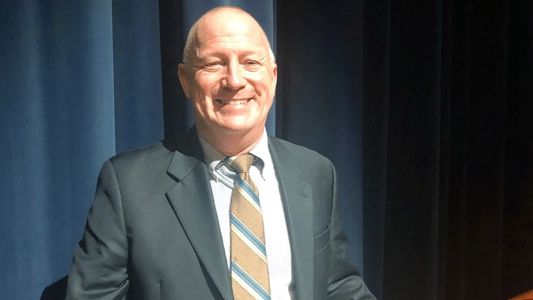Longman on Rwanda’s Fragile Reconciliation

Clint Smith’s November 2024 Atlantic Monthly article examines Rwanda’s ongoing struggle with the legacy of the 1994 genocide against the Tutsi. Smith draws extensively on the work of Timothy Longman, Professor of International Relations and Political Science and Associate Dean for Academic Affairs at Boston University’s Frederick S. Pardee School of Global Studies, whose research highlights the difficulties of Rwanda’s reconciliation efforts.
Marking the genocide’s 30th anniversary, Smith’s piece reveals a nation still wrestling with trauma. Interviews with survivors, perpetrators, and scholars paint a picture of fragile coexistence rather than true reconciliation.
Longman’s critique of Rwanda’s official memorials forms a key part of Smith’s analysis. Regarding sites like the Murambi Genocide Memorial Centre, where victims’ bodies are displayed, Longman says:
“For the survivors at these sites, it’s their job. They’re not telling a stock story, but on the other hand, they’re telling their story every day. I don’t think there is insincerity, but people know on some level what they are supposed to say, and in particular they know what they can’t say.”
This insight exposes the tension between personal grief and state-sanctioned narratives in Rwanda today. Longman argues these memorials serve dual purposes: preserving genocide memory while reinforcing the current government’s authority.
Smith examines the controversial gacaca courts, Rwanda’s attempt at grassroots justice for genocide crimes. While some saw these as a path to reconciliation, Longman identifies a crucial flaw:
“The genocide was terrible; it was serious, and justice absolutely had to be done. But it doesn’t mean that war crimes and crimes against humanity committed by the RPF should be completely ignored.”
This statement highlights the challenge of achieving comprehensive justice in post-conflict societies.
Smith’s reporting, informed by Longman’s research, exposes a gap between Rwanda’s official reconciliation narrative and lived experiences. One survivor’s quote captures this disconnect:
“This is government-enforced reconciliation. The government forced people to ask for and give forgiveness. No one does it willingly.”
Longman’s work on post-genocide Rwanda, as cited by Smith, challenges simplistic notions of healing and forgiveness. His research shows how power dynamics, collective memory, and individual trauma intertwine in ways that hinder national reconciliation efforts.
Professor Timothy Longman‘s current research focuses on state-society relations in Africa, looking particularly at human rights, transitional justice, democratization, civil society, the politics of race and ethnicity, religion and politics, and women and politics. He has published two books based on his research in Rwanda: Christianity and Genocide in Rwanda (Cambridge University Press 2011), and Memory and Justice in Post-Genocide Rwanda (Cambridge University Press 2017). Read more about Professor Longman on his faculty profile.